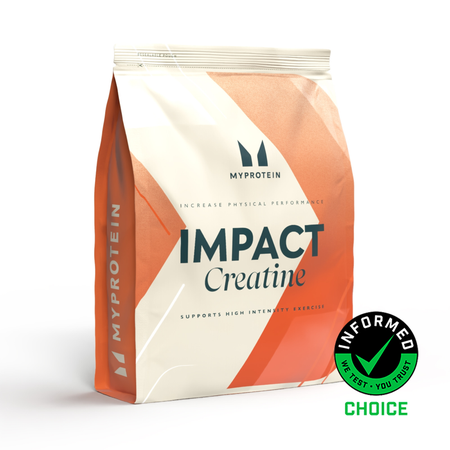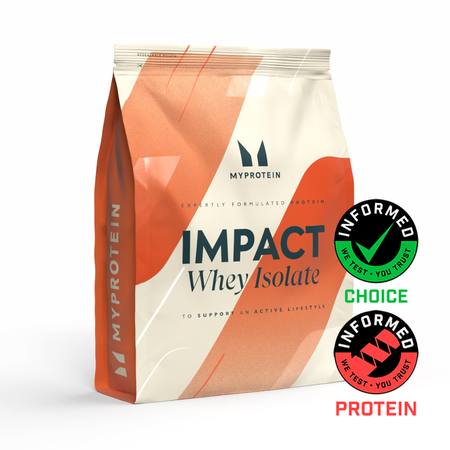What are the benefits of Protein Meal Replacement Blend?
Each serving contains 20g of high-quality protein, which helps to grow and maintain important muscle1, great for those trying to lose fat and tone-up.
There’s also 14g of carbohydrates, increasing your daily intake in an instant — providing the fuel to power you through your busy lifestyle, while boosting your recovery after an intense workout.2
You can cut the fuss of meal prep and cooking with this super-convenient blend, all at just 201 calories per serving.
And, with 5g of fibre, and an impressive blend of essential vitamins and minerals, including folic acid, chloride, calcium, iron, zinc, and the vitamins A, D, C, E,— that’ll help boost your overall health and wellbeing.
Vitamin and Mineral Breakdown:
Vitamins and minerals are essential nutrients we need as they perform important functions in the body. Our Protein Meal Replacement Blend contains a massive 21 different vitamins and minerals, and here’s our breakdown of some of the key ones:
Vitamin C: A water-soluble vitamin that supports your natural defences3 — helping to keep you fit and ready to tackle any challenge.
Vitamin D: The sunshine vitamin that helps to keep your bones4 and muscles5 working normally — that’s important whatever your goal.
B Vitamins: With all eight water-soluble B vitamins — thiamin, riboflavin, niacin, pantothenic acid, biotin, folic acid, B6 and B12 — it’ll help your normal psychological function 6,7,8,9,10,11 and help reduce everyday tiredness.12,13,14,15,16,17
1. Protein contributes to the growth and maintenance of muscle mass.
2. Carbohydrates contribute to the recovery of normal muscle function (contraction) after highly intensive and/or long-lasting physical exercise leading to muscle fatigue and the depletion of glycogen stores in skeletal muscle. This beneficial effect is obtained with the consumption of carbohydrates, from all sources, at a total intake of 4g per kg body weight, at doses, within the first 4 hours, and no later than 6 hours, following highly intensive and/or long-lasting physical exercise leading to muscle fatigue and the depletion of glycogen stores in skeletal muscle.
3. Vitamin C contributes to the normal function of the immune system.
4. Vitamin D contributes to the maintenance of normal bones.
5. Vitamin D contributes to the maintenance of normal muscle function.
6. Biotin contributes to normal psychological function.
7. Folate contributes to normal psychological function.
8. Niacin contributes to normal psychological function.
9. Thiamine contributes to normal psychological function.
10. Vitamin B12 contributes to normal psychological function.
11. Vitamin B6 contributes to normal psychological function.
12. Folate contributes to the reduction of tiredness and fatigue.
13. Niacin contributes to the reduction of tiredness and fatigue.
14. Pantothenic acid contributes to the reduction of tiredness and fatigue.
15. Riboflavin contributes to the reduction of tiredness and fatigue.
16. Vitamin B12 contributes to the reduction of tiredness and fatigue.
17. Vitamin B6 contributes to the reduction of tiredness and fatigue.






